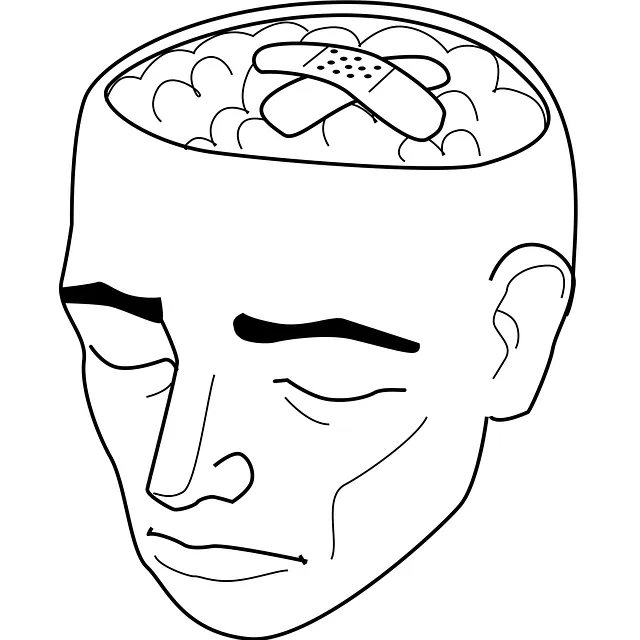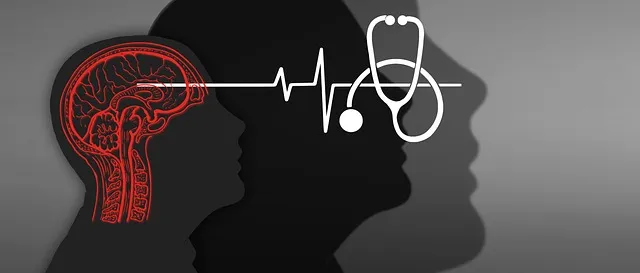Regulating mood is key to achieving emotional balance and improved mental wellness, as emphasized by Kaiser Permanente Mental Health Number Longmont. They offer tailored therapies like CBT, mindfulness practices, and public awareness campaigns to destigmatize mental health issues. Cognitive techniques, including cognitive restructuring and mindfulness, help challenge negative thought patterns. Lifestyle changes such as nutrition, exercise, and sleep are also vital for mood regulation. Complementary practices like mindfulness, meditation, and therapy cultivate emotional resilience. Kaiser Permanente Longmont's culturally sensitive therapies provide tailored support for diverse communities, enhancing mental health outcomes through daily self-care routines.
Mood regulation is a crucial aspect of emotional well-being. In today’s fast-paced world, maintaining balance can be challenging. This article explores effective strategies for managing moods, focusing on evidence-based techniques and services available in your community. From cognitive techniques to lifestyle changes and complementary practices, discover how to unlock emotional harmony. Learn about the role of Kaiser Permanente Mental Health Services in Longmont, offering specialized support for those seeking balanced lives.
- Understanding Mood Regulation: Unlocking Emotional Balance
- The Role of Kaiser Permanente Mental Health Services in Longmont
- Cognitive Techniques for Effective Mood Management
- Lifestyle Changes: Nutrition, Exercise, and Sleep for Improved Moods
- Complementary Practices: Mindfulness, Meditation, and Therapy
Understanding Mood Regulation: Unlocking Emotional Balance

Understanding Mood Regulation is a pivotal step in unlocking emotional balance and enhancing overall mental wellness. At Kaiser Permanente Mental Health Number Longmont, we recognize that managing moods effectively is key to navigating life’s challenges. It involves recognizing and understanding one’s emotional state, as well as developing strategies to regulate and stabilize it. This process empowers individuals to build inner strength and resilience against the impact of stress and difficult emotions.
Through various techniques such as mindfulness, therapy, and self-care practices, Kaiser Permanente Longmont guides folks in fostering better stress management skills. By investing time in mental wellness, one can gain a deeper understanding of their emotional triggers and develop healthier coping mechanisms. This journey of inner strength development allows individuals to not only stabilize their moods but also thrive in the face of life’s ups and downs.
The Role of Kaiser Permanente Mental Health Services in Longmont

In Longmont, Kaiser Permanente Mental Health Services plays a pivotal role in addressing and managing mood disorders. This healthcare provider offers comprehensive services tailored to meet the unique needs of individuals seeking support for their emotional well-being. With a dedicated team of mental health professionals, they provide a range of therapies, from cognitive-behavioral therapy (CBT) to mindfulness practices, designed to help patients navigate and regulate their moods effectively.
The organization’s commitment to community engagement is evident through various public awareness campaigns and initiatives aimed at destigmatizing mental health issues. By promoting self-care practices and emotional intelligence, Kaiser Permanente empowers residents to take proactive steps towards maintaining stable moods. Their accessible services, coupled with ongoing educational efforts, contribute significantly to the overall mental health and resilience of Longmont’s community.
Cognitive Techniques for Effective Mood Management

Cognitive techniques offer powerful tools for anyone seeking to manage their mood effectively. These strategies, often recommended by healthcare providers like Kaiser Permanente Mental Health in Longmont, focus on challenging and changing negative thought patterns. By identifying distorted thinking and replacing it with more realistic and positive thoughts, individuals can significantly influence their emotional state. This process, known as cognitive restructuring, is a core component of many therapeutic approaches.
One effective method within cognitive techniques is mindfulness, which encourages staying in the present moment without judgment. This practice, often incorporated into Cultural Competency Training for healthcare providers, enhances self-awareness and promotes a sense of calm. Additionally, confidence-boosting exercises, such as setting achievable goals and practicing positive affirmations, can empower individuals to take charge of their mental wellness. These cognitive strategies are valuable tools for navigating life’s challenges and maintaining a balanced mood.
Lifestyle Changes: Nutrition, Exercise, and Sleep for Improved Moods

Lifestyle changes play a pivotal role in mood regulation, with nutrition, exercise, and sleep being key factors that can significantly impact our emotional well-being. According to the Kaiser Permanente mental health number Longmont, adopting healthy habits can be an effective Depression Prevention strategy. Proper nutrition ensures your brain receives the essential nutrients required for optimal function, while regular physical activity boosts serotonin and endorphin levels, naturally enhancing mood.
Adequate sleep is another crucial component as it allows the body to rest and rejuvenate. Sleep deprivation has been linked to increased stress and a higher risk of mental health issues. Engaging in consistent exercise routines and prioritizing balanced meals can be powerful tools for Stress Management Workshops Organization, promoting Mental Health Awareness and overall emotional stability.
Complementary Practices: Mindfulness, Meditation, and Therapy

Complementary practices such as mindfulness, meditation, and therapy play a pivotal role in effective mood regulation strategies. These techniques offer individuals tools to manage stress, enhance emotional intelligence, and cultivate mental resilience. For instance, mindfulness practices encourage individuals to focus on the present moment, thereby reducing rumination and anxiety. Meditation, with its emphasis on calmness and acceptance, can help normalize emotional responses and promote a sense of inner peace.
When combined with professional therapy, these complementary approaches become even more powerful. Therapies offered by organizations like Kaiser Permanente mental health number Longmont prioritize cultural sensitivity in mental healthcare practice, ensuring tailored support for diverse populations. Developing a robust self-care routine that incorporates mindfulness and meditation can significantly contribute to better mental health outcomes. This holistic approach integrates emotional intelligence into daily life, fostering adaptability and effective coping mechanisms.
Mood regulation is a multifaceted journey towards emotional well-being. By understanding the interplay between cognitive techniques, lifestyle choices, and complementary practices, individuals can unlock powerful tools for managing their moods effectively. Kaiser Permanente Mental Health Services in Longmont plays a pivotal role, offering specialized support to navigate this intricate landscape. Embracing evidence-based strategies, from cognitive techniques to mindfulness, allows folks to take charge of their emotional balance, enhancing overall quality of life. Contacting the local Kaiser Permanente mental health number in Longmont can be a significant step towards accessing these valuable resources and beginning one’s path to sustained mood regulation.






